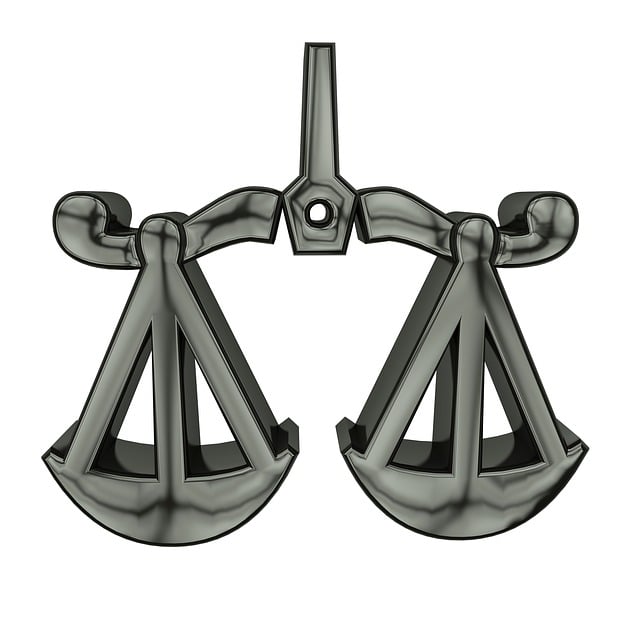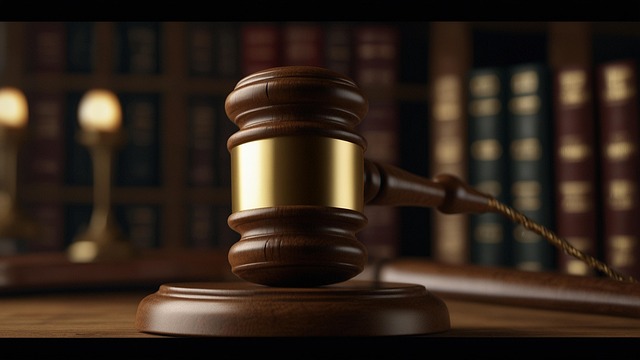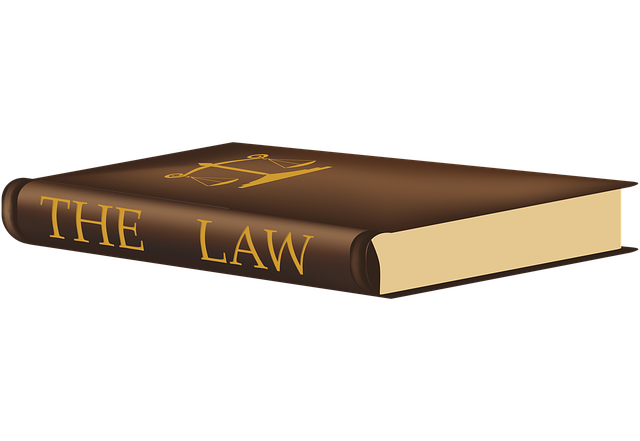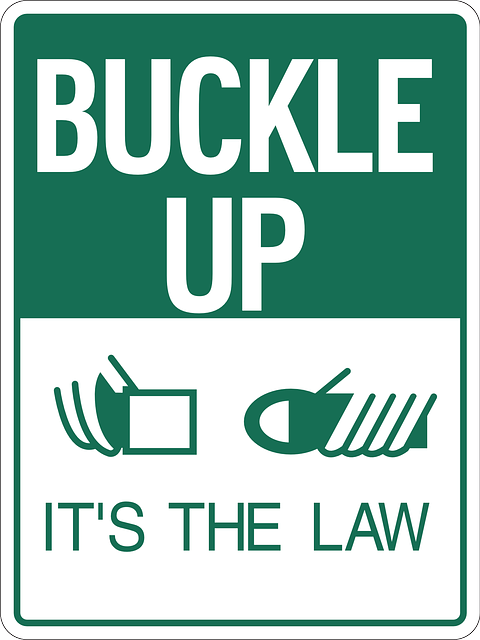Securities scams threaten investors' rights, underscoring the crucial importance of understanding one's constitutional right to a fair trial. By recognizing red flags and staying informed, investors can protect themselves from deceptive practices like Ponzi schemes and false promises. Regulatory bodies play a vital role in upholding market integrity and ensuring fair trials, while reporting fraudulent activities is key to safeguarding both individuals and societal trust. The impact of scams extends beyond financial losses, making vigilance and legal protections essential for preserving fairness in an evolving financial world.
In the complex world of securities, understanding your legal rights is crucial. This article, “Securities Scams Exposed,” delves into essential aspects of investor protection. We explore common scams, highlighting red flags to watch out for, and examine the critical role regulatory bodies play in safeguarding investors. Learn how to avoid and report fraud, and be inspired by real stories that underscore the importance of a fair trial guaranteed by the Constitution.
- Understanding Your Legal Rights: The Constitution's Role
- Common Securities Scams: Recognizing Red Flags
- Protecting Investors: Regulatory Bodies and Their Functions
- Strategies for Avoiding and Reporting Fraud
- The Impact of Scams: Real Stories and Lessons Learned
Understanding Your Legal Rights: The Constitution's Role

Everyone involved in securities transactions should be aware of their legal rights, especially when it comes to potential scams. The Constitution plays a vital role in protecting these rights, ensuring everyone receives a fair trial and due process. This is particularly crucial when navigating complex financial cases where individuals might face false accusations or fraudulent schemes.
Understanding your right to a fair trial is essential, especially as securities fraud cases can sometimes lead to widespread panic and unfair indictments across the country. Knowing your constitutional protections allows investors and suspects alike to navigate these challenging situations with confidence, ensuring their rights are upheld throughout any legal proceedings.
Common Securities Scams: Recognizing Red Flags

In the world of high-stakes financial transactions, securities scams pose a significant threat to investors’ rights and their right to a fair trial as guaranteed by the Constitution. Recognizing red flags is an essential step in protecting oneself from such schemes. Common scams often involve deceptive practices like false promises of substantial returns with minimal risk, elaborate Ponzi schemes, or fraudulent offerings masquerading as legitimate investments. Scammers may use high-pressure sales tactics, exaggerated claims about market trends, or even fake expert opinions to lure unsuspecting individuals.
Investor vigilance is crucial when dealing with unfamiliar investment opportunities, especially in the respective business environment. As previously mentioned, if something seems too good to be true, it likely is. In terms of general criminal defense strategies, being proactive and informed can help mitigate potential legal issues arising from securities-related crimes. Staying educated about common scams enables investors to make informed decisions, protect their assets, and avoid becoming victims of these fraudulent activities.
Protecting Investors: Regulatory Bodies and Their Functions

In the realm of securities, protecting investors from deceptive practices is paramount. Regulatory bodies play a crucial role in ensuring market integrity and safeguarding participants’ rights. These organizations act as watchdogs, implementing laws and regulations to maintain fairness and transparency. One of their primary functions is to investigate and enforce against fraudulent activities, thereby preserving the stability of financial markets.
Investor protection extends beyond regulation; it includes guaranteeing individuals’ right to a fair trial. This constitutional principle ensures that those accused of market manipulation or fraud have the opportunity to defend themselves. By holding wrongdoers accountable while providing due process, regulatory bodies foster trust in the system. Ultimately, their efforts contribute to maintaining a robust and ethical respective business environment, avoiding indictment for his clients, and promoting long-term economic health.
Strategies for Avoiding and Reporting Fraud

Staying informed is your first line of defense against securities fraud. Educate yourself about common scams by keeping an eye out for unusual investment opportunities that promise quick and excessive returns, or those that require you to keep the details confidential. Always verify the legitimacy of any investment opportunity through regulatory bodies and independent sources, ensuring transparency and accountability.
If you suspect a scam, don’t hesitate to report it. Contact your local law enforcement agency or a dedicated financial fraud hotline. Documenting evidence, such as emails, phone calls, or contracts, can aid in investigations. Remember, everyone has the right to a fair trial, and reporting fraudulent activities helps protect not only yourself but also across the country, ensuring that philanthropic and political communities remain robust and unscathed by these deceptive practices.
The Impact of Scams: Real Stories and Lessons Learned

The impact of securities scams extends far beyond financial losses, leaving victims with a profound sense of violation and distrust. These frauds disrupt lives, erode the integrity of financial markets, and undermine the very essence of a fair and just society. Real stories from those who’ve fallen victim reveal the devastating consequences—from career ruin to emotional trauma. Yet, these experiences also serve as powerful lessons, underscoring the importance of vigilance and robust legal protections.
In high-stakes cases involving white-collar and economic crimes, ensuring a right to a fair trial becomes paramount. The journey towards justice is often arduous, but successful winning challenging defense verdicts not only holds wrongdoers accountable but also reinforces the principles of a constitution designed to safeguard individual rights. This struggle against scams demonstrates the resilience of our legal system and its commitment to preserving fairness in an ever-evolving financial landscape.
In conclusion, understanding your legal rights, recognizing common securities scams, and knowing how regulatory bodies protect investors are essential steps in safeguarding your financial future. By staying informed and adopting strategies to avoid and report fraud, you can help ensure a fair and secure investment environment. Remember, the right to a fair trial and constitutional protections are vital safeguards against securities scams, enabling investors to make informed decisions and protect their hard-earned money.






